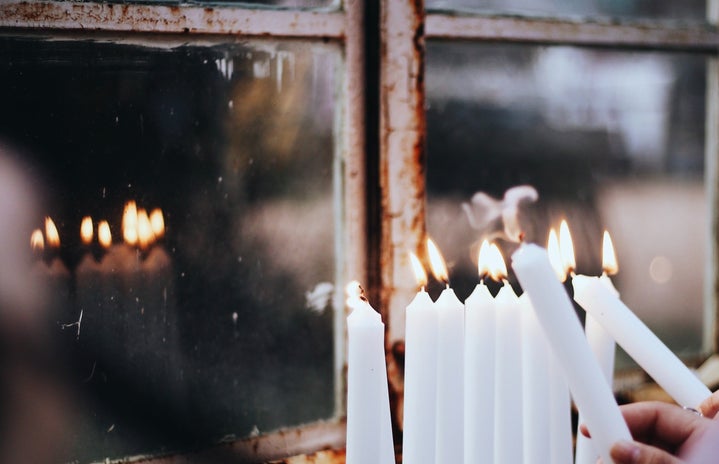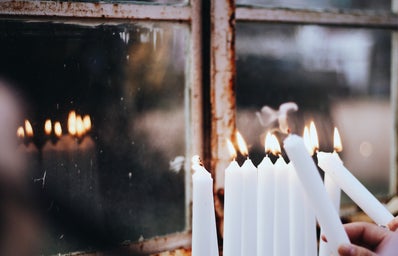Every year I see countless posts and stories about Holocaust Remembrance Day and Yom AShoa, posts that led me to believe that most people were at least aware of what happened during the Holocaust.
Right before Covid hit, I had the opportunity to lead tours in the Holocaust Museum of Buenos Aires, where I found out that most people had virtually no idea of what happened during the Holocaust.
Here are things I’ve learned and some I wish people knew:
1. The Americas weren’t exempt from the hatred of the Holocaust
Although concentration camps weren’t a thing in the American continent, Nazis roamed freely, especially in South America. In Argentina, around 20 thousand Nazis and Nazi supporters celebrated the annexation of Austria into the Third Reich in the Luna Park Stadium, one of the country’s biggest concert and cultural event venues. This massive event counted with the presence of multiple political figures.
2. Most people don’t have Jewish Friends
One of the first dehumanizing laws the Nazis proclaimed was the prohibition of ‘Arian’ people having Jewish friends. To make the point of how ridiculous this law was, I asked the people taking the tour to raise their hand if they had at least one Jewish friend. Unbelievably, out of the 20 attendees of that tour, not one raised their hand.
3. Why you shouldn’t call it the Holocaust
Roughly translated, Holocaust stands for a mass or complete destruction (generally by fire). It is believed that this definition of what happened doesn’t properly encapsulate what happened, and because of the horrific and unique nature of this genocide, a new word should be created to define it. The term Shoa was specifically created to mean “killing of nearly six million Jews in Europe by Nazi Germany and its collaborators during the Second World War” and is the Jewish word for “catastrophe”.
4. Listening to and acknowledging the existence of survivors is important
When learning about the Shoa, it’s hard to personalize the stories. Sometimes we feel too far removed from the storyline, like we are learning about ancient history. But the Shoa happened recently, it’s part of our modern history, and we are lucky enough to count with live survivors. As such, it’s important to listen to their stories and keep their legacies alive.
5. History can repeat itself
Learning about antisemitism, racism, and xhenophobia is as important as ever. We need to advocate for real change and speak up about injustice whenever we see it. It’s important to remember that as horrific as the Shoa sounds now, most people defended and voted for the Nazi party in their beginnings giving power to hateful voices, voices that took millions of life.
Today, more than ever #weremember.

